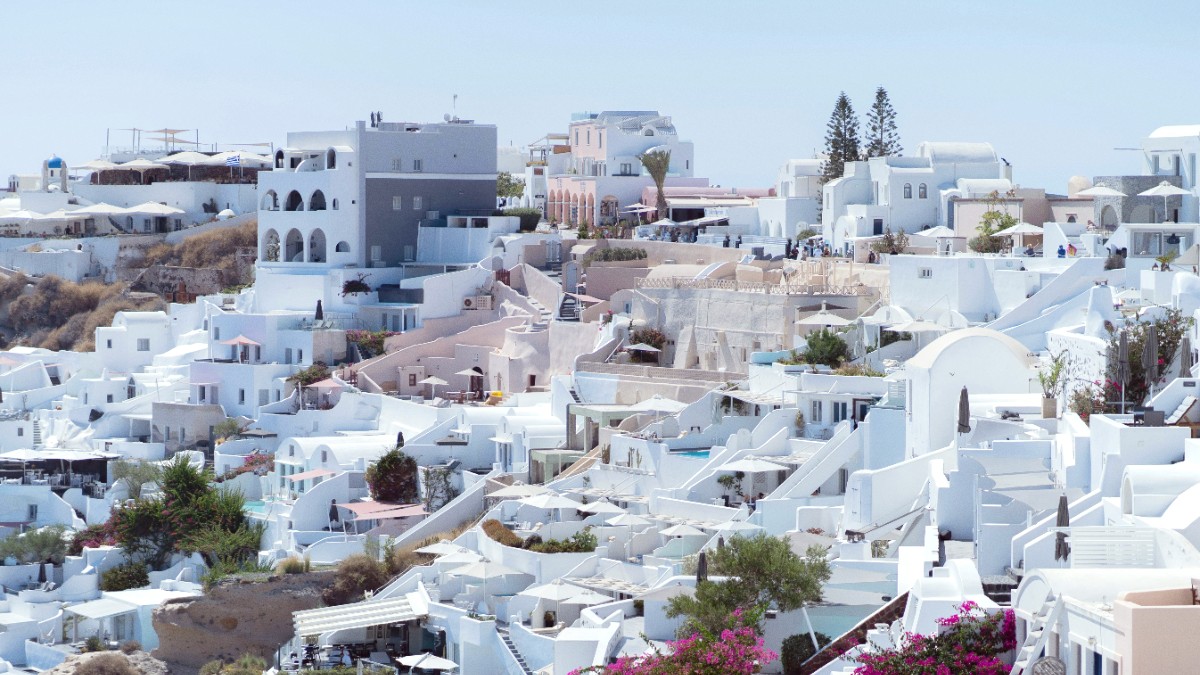
Greece
The caldera and volcanic islands are protected geological areas. Ongoing initiatives safeguard marine life.
Santorini addresses waste challenges. Recycling bins are present in some public areas and accommodations.
Water on the island is a precious resource. Desalinated water requires significant energy.
Your choices influence Santorini's sustainability. Consider options that reduce environmental strain.
Some hotels and tours practice sustainability. Look for environmental policies when booking.
Offset your travel impact by opting for carbon offsets for your flights.
Equip yourself with responsibly sourced outdoor equipment.
Opt for tour operators prioritizing ethical travel and local community well-being.
Simple Greek phrases show respect. Dress conservatively at religious sites.
Ask before taking photos of individuals. Be mindful of privacy in private homes.
Your travel spending benefits the local community. Choose local businesses.
Your travel choices directly benefit the local community and sustain its vitality.
Patrons who choose locally owned tavernas, guesthouses, and shops directly aid the local economy.
Find genuinely handmade local products like pottery, jewelry, or textiles.
Donkey rides in Fira are traditional, but concerns about animal treatment persist.
If you wish to contribute, research reputable local charities or community endeavors.
Try traditional dishes like fava, tomatokeftedes, and fresh seafood.
Visit local wineries, many use sustainable farming methods.
Shop for handmade jewelry and pottery directly from makers.
High visitor numbers strain island resources. Choose off-peak times or less popular spots to lessen your footprint.
Every small choice towards sustainability makes a difference for Santorini's future.